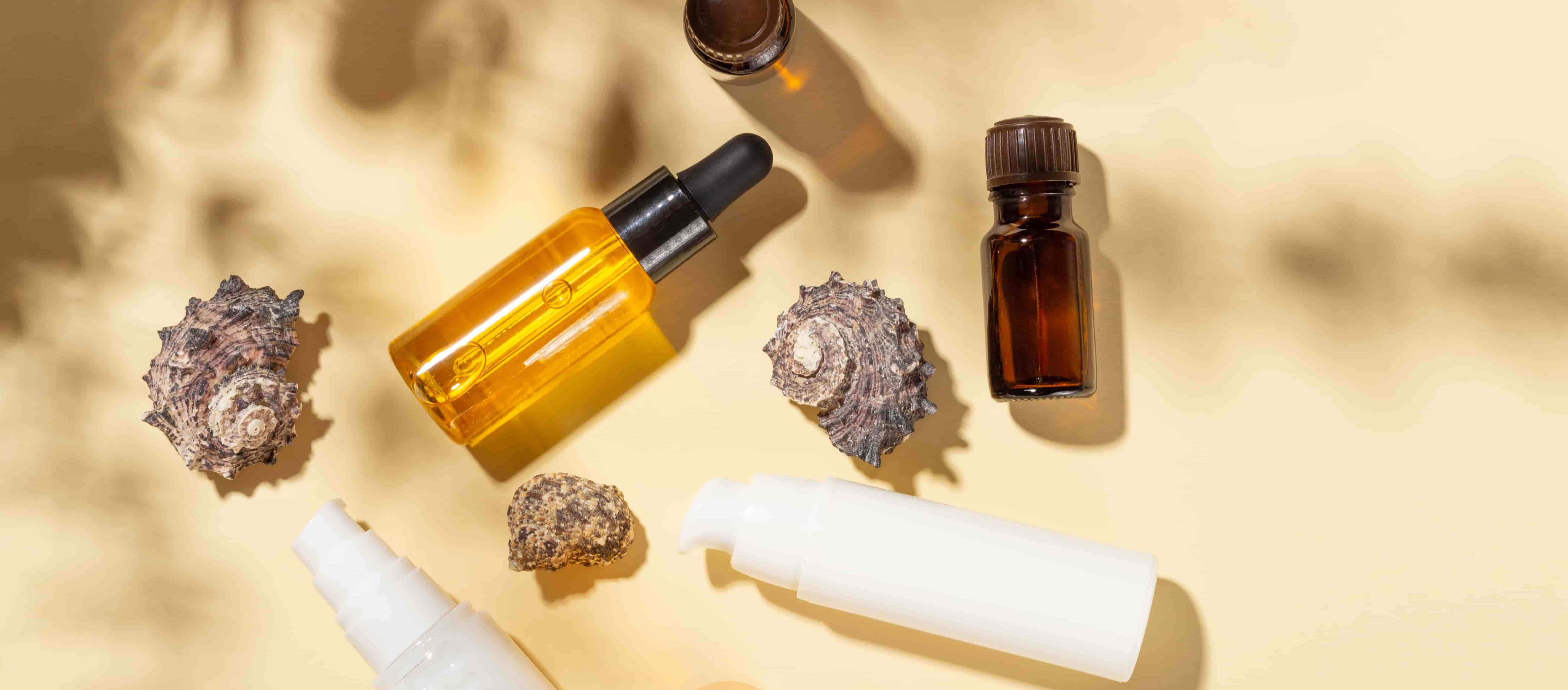Table of Content
- New Priorities for Skincare Buyers
- Strong Growth for Skincare in Europe with Neurocosmetics and Biotech
- Europe is a Trusted Hub for Skincare Innovation
New Priorities for Skincare Buyers
Skincare is becoming an integral part of everyday life. Buyers now see it as a form of self-care, mental wellbeing, and long-term health investment.
As expectations evolve, there’s a growing focus on:
- Choosing brands that follow ethical and responsible sourcing practices
- Looking for emotional benefits such as stress relief, relaxation, and overall balance
- Enjoying sensory elements like texture, scent, and soothing effects such as cooling or warming
At the same time, clean labels, cruelty-free claims, and ingredient transparency became must-haves, especially for younger shoppers like Gen Z and millennials.
Strong Growth for Skincare in Europe with Neurocosmetics and Biotech
For businesses along the value chain, the momentum behind the skincare market shows no signs of slowing down.
According to the Grand View Research reports, the skincare sector is projected to reach €39.4 billion in 2025, with an expected annual growth rate of 2.85% through 2032.
One category making quiet but steady gains is neurocosmetics.
What are neurocosmetics?
Neurocosmetics are an emerging category of skincare products that interact with the skin’s nervous system to improve both appearance and emotional well-being.
Based on neuroscience, these formulas use bioactive ingredients, such as neuropeptides, adaptogens, marine extracts, or cannabinoids, to calm inflammation, reduce stress-induced skin issues, and support regeneration.
By targeting the neuro-immuno-cutaneous system, neurocosmetics help regulate the skin’s response to external and internal stressors while also enhancing the user’s sensory experience.
In 2024, they generated around €550 million across Europe and will continue to expand with a CAGR of 8.8% until 2030, as reported by Grand View Research.
Neurocosmetics are gaining traction fast, bringing a clear emotional angle to skincare. This is especially visible in premium and mid-market lines like face mists with magnesium, cooling creams with relaxing natural scents, and ultra-light textures made for summer. They also open the door to interesting collaborations with businesses across wellness, spa, and travel retail.
Biotech is also becoming a key driver of innovation in skincare, offering new sourcing opportunities for ingredient buyers.
What is Biotech in Skincare?
Biotech in skincare refers to the use of advanced biological processes, such as fermentation, enzyme engineering, or plant cell culture, to create high-performance, lab-grown ingredients.
Instead of relying on large-scale harvesting of natural resources, biotech enables the development of purer, more stable, and highly effective compounds in controlled environments.
Biotech in skincare improves product performance, reduces environmental impact, and supports greater traceability. As demand grows for clean, sustainable, and science-backed formulations, biotech is becoming a strategic advantage for skincare suppliers and brands.
Here are some recent examples of biotech in skincare across Europe:
- Next-gen peptides from Germany: Firms like Numaferm and Bachem are producing lab-made peptides that mimic skin repair signals, effective for anti-aging and stable in summer heat.
- Fermented antioxidants from France and Switzerland: Labs are using fermentation to create actives from plants or probiotics that protect skin from sun, pollution, and seasonal stress.
- Greener SPF boosters from Scandinavia and Benelux: Startups are developing biodegradable SPF boosters that improve sun protection while supporting eco goals.
These types of ingredients already meet EU cosmetic standards and are aligned with the sustainability goals. Working with reliable suppliers with a focus on biotech can bring better margins, longer shelf life, and more peace of mind when it comes to regulation.

Europe is a Trusted Hub for Skincare Innovation
Behind all these trends is a solid scientific and regulatory system that supports growth. Europe has some of the strictest cosmetic rules in the world, which helps position its products as high-quality and trustworthy.
Key countries like Germany, France, Switzerland, and the Netherlands are investing in biotech hubs, often with public and private funding.
At the same time, the EU is offering more grants and support for companies working on sustainable and health-focused beauty innovations.
This setup gives buyers a reliable base to work from. It ensures quality and safety, supports innovation, and creates new sourcing opportunities through trusted EU partners.
It also makes it easier to co-develop niche products in a way that protects intellectual property.
Adapting Your Sourcing Strategy for Skincare in 2025
Today, people expect ingredient transparency. Claims need to be backed by science. Texture, scent, and emotional benefit are now part of what makes a product stand out.
For buyers, this means working with suppliers who can offer:
- Sustainable ingredient sourcing
- Biotech or neurocosmetic integration
- Full compliance with EU standards
- Support for brand positioning around health and well-being
Conclusion
Biotech actives and neurocosmetic formulas answer a growing demand for products that feel good, do good, and meet strict regulatory standards.
Working with the right partners in Europe means gaining access to science-backed innovation, sustainable sourcing, and smarter ways to stand out in a competitive and fast-growing skincare market.
To learn more about product innovation and sourcing strategies, visit europages’ online blog Inside Business to stay up to date and make informed decisions:
Natural Oils: Benefits for Manufacturer of Cosmetic Products

